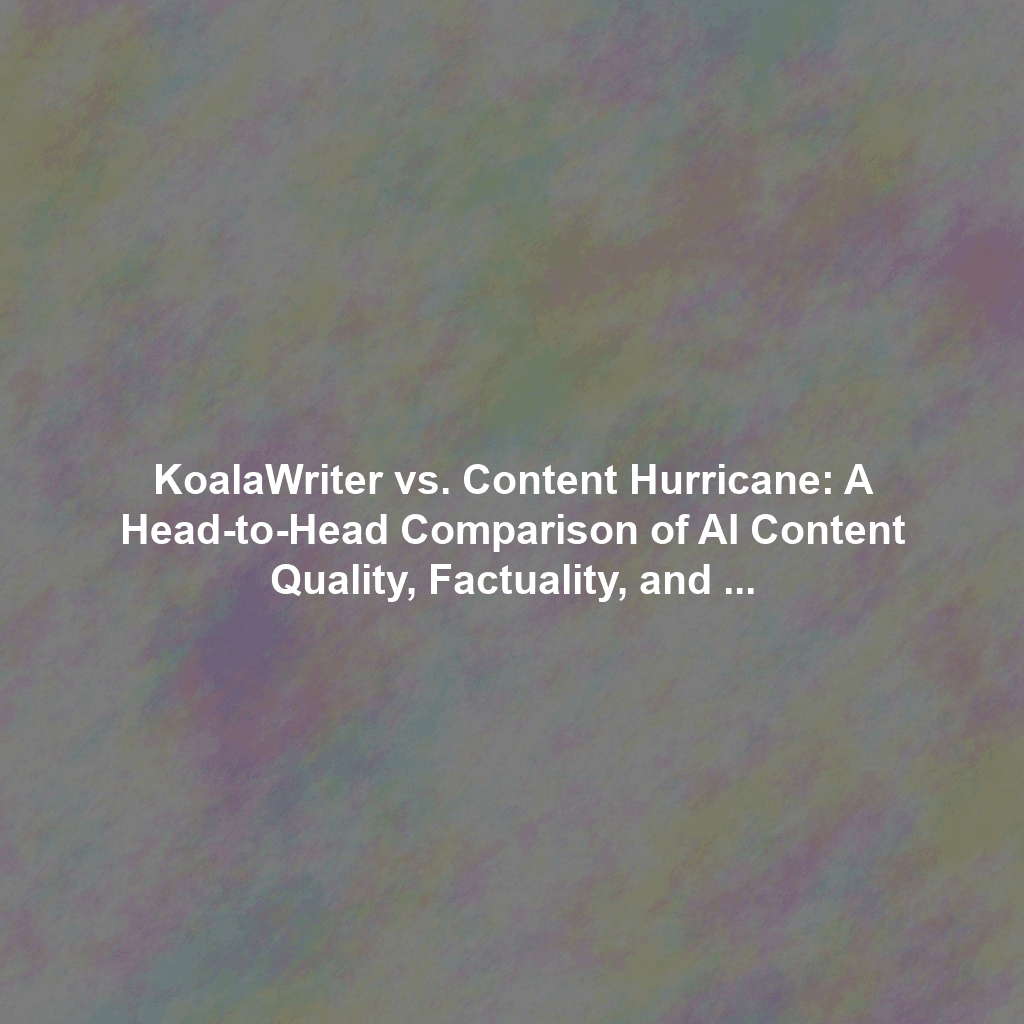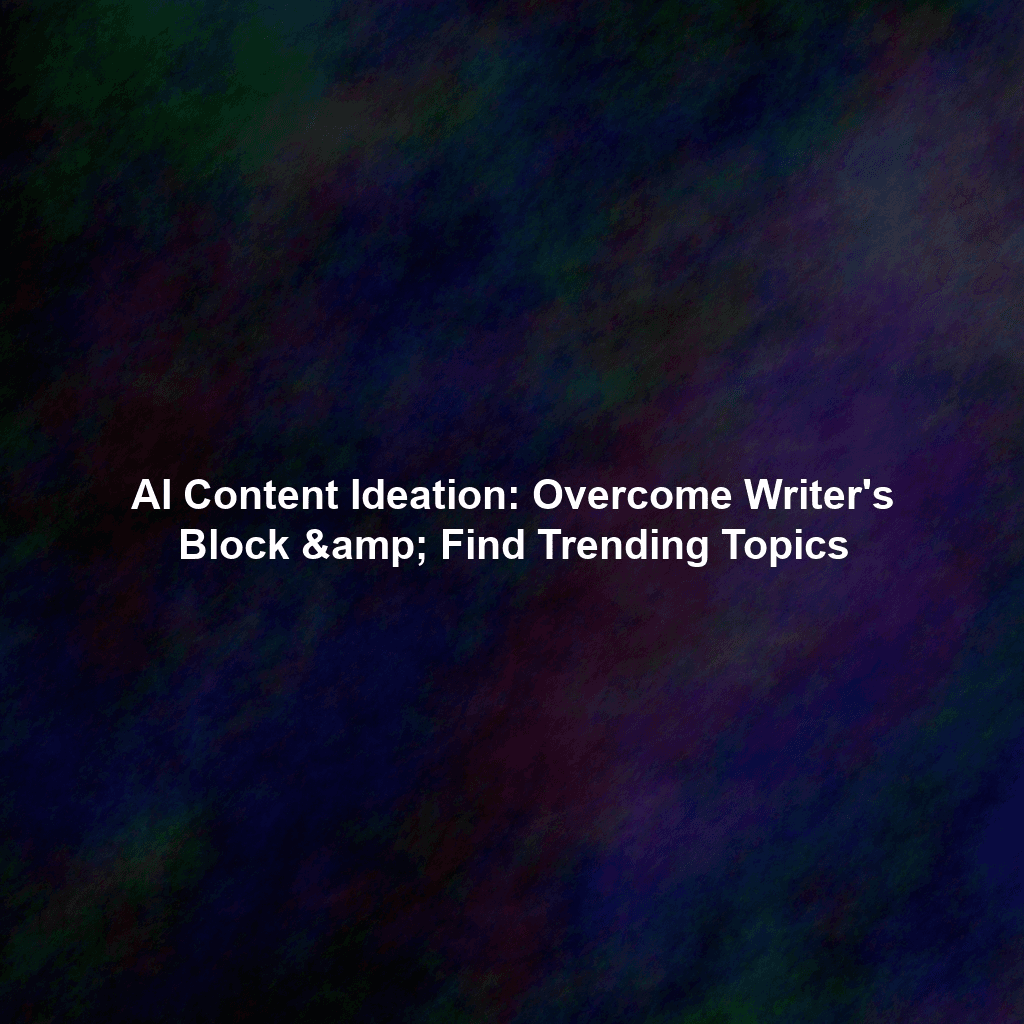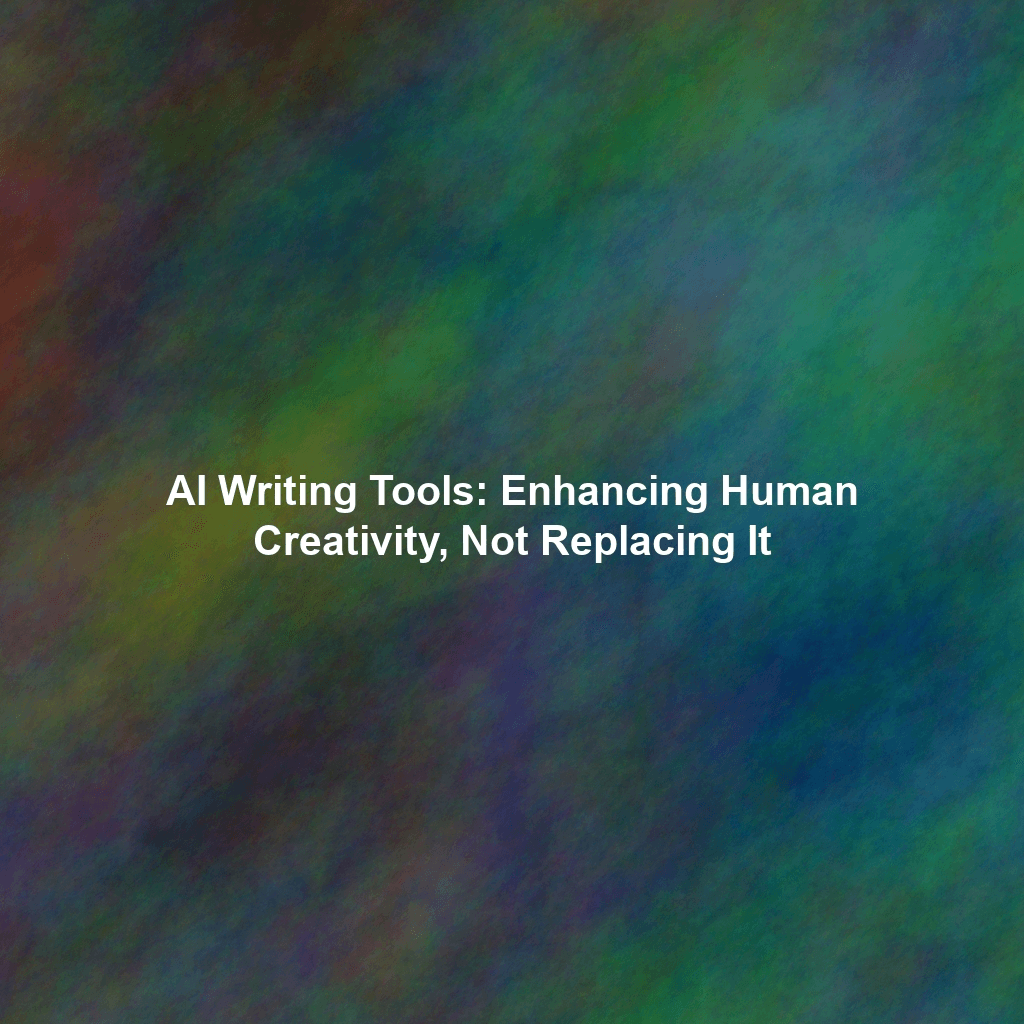Understanding the Testing Methodology
To provide a fair and objective comparison, we used a consistent prompt for both KoalaWriter and Content Hurricane: “The benefits of practicing mindfulness meditation daily.” We then analyzed the generated articles using several metrics:
- Grammar and Readability: Manual review for grammatical errors, sentence structure, and overall flow.
- Factual Accuracy: Checked claims against reputable sources using tools like Google Scholar and established meditation websites.
- Plagiarism: Tested content with Copyscape to identify any instances of plagiarism.
- AI Detection: Used Surfer SEO’s AI Detector and Originality.ai to assess the likelihood of the content being identified as AI-generated.
- Originality and Human-Like Quality: Subjective evaluation of the content’s creativity, tone, and ability to engage the reader, striving to determine if it “felt” authentically human.
Sample Article Generation
We generated one article from each platform using the identical prompt and default settings where possible. Any settings adjustments were documented to maintain transparency.
KoalaWriter: Strengths and Weaknesses
KoalaWriter positions itself as a comprehensive AI content solution. Let’s see how it performs in our tests.
Grammar and Readability (KoalaWriter)
The KoalaWriter-generated article demonstrated strong grammar and a generally readable style. Sentence structures were varied, and the flow was logical. Minor edits were required for stylistic preferences, but overall, the grammatical foundation was solid.
Factual Accuracy (KoalaWriter)
KoalaWriter presented accurate information regarding the benefits of mindfulness meditation. Claims aligned with established research and reputable sources. No glaring factual errors were detected.
Plagiarism (KoalaWriter)
Copyscape analysis revealed no instances of plagiarism in the KoalaWriter output. The content appeared to be entirely original.
AI Detection (KoalaWriter)
Using Surfer SEO’s AI Detector, the KoalaWriter content scored as moderately likely to be AI-generated (around 65% probability). Originality.ai gave a similar score. While not a definitive “AI flag,” this suggests that some degree of human editing would be beneficial for blending the content more seamlessly.
Originality and Human-Like Quality (KoalaWriter)
The KoalaWriter article, while factually sound, lacked a distinctive voice. The tone was somewhat generic, and the overall writing felt more informative than engaging. It required some additional work to inject personality and create a stronger connection with the reader.
Example Snippet (KoalaWriter): “Mindfulness meditation can help reduce stress and anxiety by training your mind to focus on the present moment, rather than dwelling on the past or worrying about the future.”
Content Hurricane: Strengths and Weaknesses
Content Hurricane aims to provide fast and efficient AI content generation. Let’s examine its performance against our criteria.
Grammar and Readability (Content Hurricane)
The Content Hurricane-generated article also showed competent grammar, though with slightly shorter, more concise sentences compared to KoalaWriter. A few minor grammatical tweaks were needed, primarily for sentence flow. Overall, the readability was acceptable.
Factual Accuracy (Content Hurricane)
Content Hurricane presented accurate information on the benefits of mindfulness meditation, consistent with established sources. No factual inaccuracies were identified.
Plagiarism (Content Hurricane)
Copyscape analysis indicated no plagiarism issues with the Content Hurricane output, confirming its originality.
AI Detection (Content Hurricane)
Both Surfer SEO’s AI Detector and Originality.ai indicated a higher probability that the Content Hurricane article was AI-generated (around 75-80%). This suggests a greater need for humanization and editing to avoid potential penalties or a perceived lack of authenticity.
Originality and Human-Like Quality (Content Hurricane)
The Content Hurricane article, while delivering accurate information, felt even more robotic than the KoalaWriter output. The tone was very formal and lacked any semblance of personality. Significant editing would be needed to inject creativity and make the content more appealing to human readers.
Example Snippet (Content Hurricane): “Mindfulness meditation involves focusing on the present moment. It can reduce stress. Regular practice is beneficial.”
Head-to-Head Comparison Table
| Feature | KoalaWriter | Content Hurricane |
|---|---|---|
| Grammar & Readability | Strong, minor edits needed | Good, slightly shorter sentences |
| Factual Accuracy | Excellent | Excellent |
| Plagiarism | None detected | None detected |
| AI Detection | Moderate probability (65%) | High probability (75-80%) |
| Originality & Human-Like Quality | Adequate, needs personality | Lacking, very robotic |
Conclusion: Which AI Writer Reigns Supreme?
Based on our analysis, both KoalaWriter and Content Hurricane offer viable solutions for AI-assisted content creation. However, KoalaWriter emerges as the slightly stronger contender. While both platforms excel in factual accuracy and originality (in terms of plagiarism), KoalaWriter generally produces content with better readability and a slightly more “human-like” quality straight out of the box. Content Hurricane, while fast and efficient, requires more significant editing to inject personality and reduce the likelihood of being flagged as AI-generated.
Ultimately, the “best” AI writing tool depends on your specific needs and priorities. If speed and raw information are paramount, Content Hurricane might suffice. However, if you prioritize content quality and a more natural writing style, KoalaWriter appears to be the better choice. Remember that both tools benefit from human oversight and editing to achieve optimal results and ensure genuine audience engagement. The AI should be seen as a helpful starting point, not a complete replacement for human creativity and expertise.


